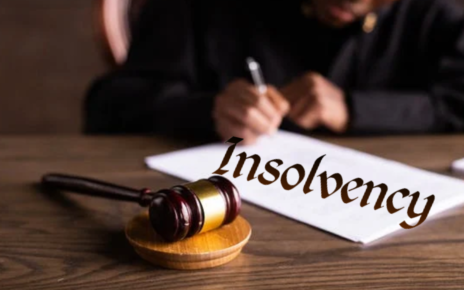Doctrine of subrogation is an absolute right of Guarantor, however, the issue becomes different, if it falls within the domain of IBC | A Resolution Plan itself can vary and modify the rights of Creditors and Guarantors and provide for continuation of Personal Guarantees which do not need any confirmation from Personal Guarantor- NCLAT
In the court case between Mr. Vikas Aggarwal and Asian Colour Coated Ispat Ltd. and Others, which took place in New Delhi at the NCLAT, the main point discussed was about the Doctrine of Subrogation. This doctrine is about the rights of a guarantor. It’s usually seen as a definite right. But things get complicated when it mixes with the Insolvency and Bankruptcy Code (IBC).
The judgment basically emphasizes how the IBC can change the rights and responsibilities of guarantors and creditors, even those rights that are usually seen as definite, like subrogation.
Here’s a simpler summary of what the judgment talked about:
- The main aim of the Insolvency and Bankruptcy Code (IBC) is to solve the debts of companies, not the personal guarantors. However, financial creditors can go after personal guarantors, and the rules of a plan to solve the debt approved by the court can change these rights.
- The doctrine of subrogation, which gives guarantors a definite right, is affected by the IBC. The rights of personal guarantors under the IBC are different from those under the Indian Contract Act, and their right of subrogation might not continue after insolvency proceedings.
- The IBC is more important than other laws, like the Indian Contract Act, when it comes to how personal guarantors are treated.
- The right to sue under the Transfer of Property Act might not be applicable when financial creditors still have specific rights against personal guarantors, as laid out in a plan to solve the debt.
- The way financial creditors can keep their rights against personal guarantors even after a plan to solve the debt is approved follows guidelines from the Reserve Bank of India (RBI).
The doctrine of subrogation is like stepping into someone else’s shoes. If someone pays off a debt or claim for someone else, they get the right to act like the person who was owed the money. This means they can try to get the money back from the person who owed it, just like the original person could. It’s a way to make sure the right person gets paid back for any money they’ve put out.




